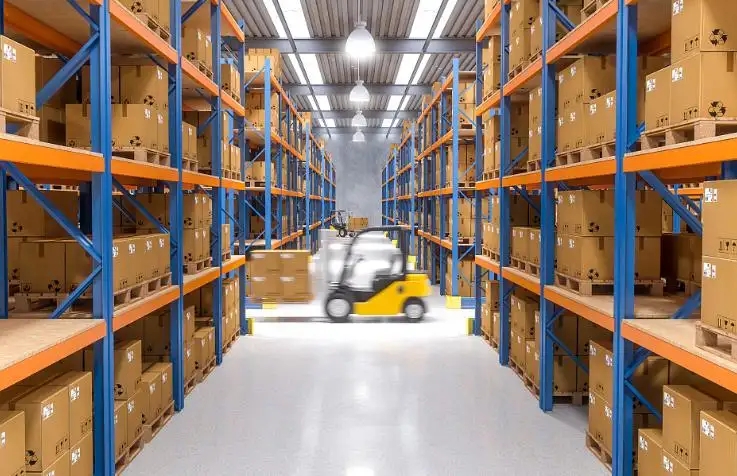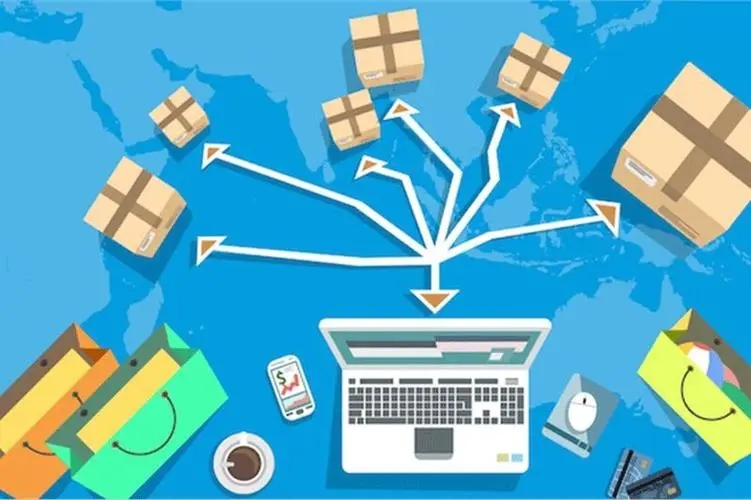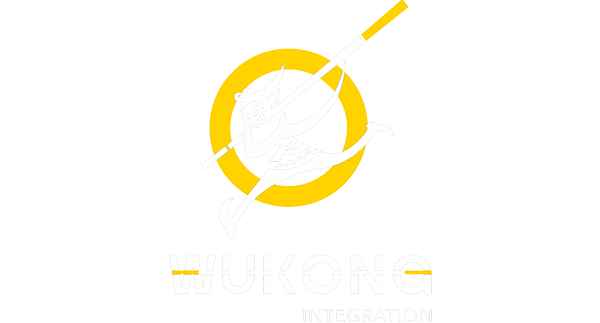From March 1st 2022, the adjusted list of imported goods for cross-border e-commerce retail (version 2022) jointly optimized and adjusted by the Ministry of finance and the Ministry of Commerce was officially implemented.

The list adjustment not only added 29 commodities with strong consumer demand in recent years, expanded import categories, but also optimized some existing commodities. The number of listed commodities increased from 1240 in 2016 to 1476, further enriching product supply. Consumers can purchase relevant imported products through cross-border e-commerce, and the price will decrease accordingly.
To be precise, the alteration of the list is as below:
Since then, a number of newly added "Positive List" commodities such as dishwashers, game consoles and skiing appliances ushered in a sales peak. According to the statistics of Guangdong Customs, from March to May this year, Guangdong newly imported game consoles and accessories reached a value of 300 million yuan.

Through cross-border e-commerce channels, consumers not only can choose from more diversified imported goods, but also enjoy more preferential tax rates than direct mail import, while receiving goods much faster.
After being included in the "Positive List", those products can enjoy temporary preferential tax specially for cross-border e-commerce. Among which, the tax rate of portable game consoles is about 3.9 % points lower than that of express channel imports, and the tax rate of ski appliances, household dishwashers and other commodities can be as much as 10.9 % points lower.

Take a Nintendo switch game console as an example, its price is RMB 2300 yuan . If it is imported by direct mail overseas shopping, it will be taxed at the tax rate of 13% for postal items; if it is imported through cross-border e-commerce, it can enjoy a discount of 'zero tariff and 70% VAT’ within the personal cross-border e-commerce shopping quota, saving nearly 90 yuan, and the delivery time is shorter. It usually takes half a month for direct mail import to receive goods, while cross-border e-commerce imported goods can be shipped from the areas under the special supervision of the domestic customs, and the goods can arrive in just a couple of days.

China has been making good efforts in fostering a favorable environment for the development of cross-border e-commerce by implementing favorable policies over recent years. Along with including more goods in its cross-border e-commerce retail import list, the country has further expanded the scope of cross-border e-commerce retail import pilot zones to a overall of 132, covering almost all provincial-level regions in China.

In 2021, China's cross-border e-commerce imports and exports climbed 15% year-on-year to 1.98 trillion yuan ($312.6 billion), official data showed, with related pilot zones playing a significant role in spurring the growth.
With the policy makers continuously paving road for importing and domestic demand keep increasing even in case of the pandemic, it is the right time to hoop on board. Especially for those cosmetics, nutrition supplements and health products that contained certain ingredients that might conflict with the endangered species while in fact sourcing from the artificial breeding.
The update demonstrate that policy makers are genuinely supporting import and encouraging overseas commodities sell to China.
Contact us to find out more about how your products can make the most of the current policies.


The list adjustment not only added 29 commodities with strong consumer demand in recent years, expanded import categories, but also optimized some existing commodities. The number of listed commodities increased from 1240 in 2016 to 1476, further enriching product supply. Consumers can purchase relevant imported products through cross-border e-commerce, and the price will decrease accordingly.
To be precise, the alteration of the list is as below:
- 29 new commodities were added, such as "skiing appliances", "game machines", “silicone cat litter”, "foot stickers", "tomato juice" and "household dishwashers" with strong consumer demand have been added, which not only makes the "global purchase" more diversified, but also helps to meet the people's demand for consumption upgrading.
- Delete the knives, bayonets and other related tax number commodities, and strengthen the supervision of import controlled knives.
- Add 115 tariff code columns in 2022 and delete 80 obsolete tariff code columns to further improve the convenience of commodity classification.
-
Define the 204 tariff code "only online purchase from bonded areas", that is, the common "bonded warehouse delivery" mode:
- E-commerce enterprises first deposit overseas commodities into the "bonded warehouse" in the special customs supervision area or bonded logistics center (type b) by means of mass declaration. After domestic consumers place an order, the commodities are sent from the domestic "bonded warehouse" and usually arrive at consumers within 1-3 days. The above 204 commodities shall not be purchased in the mode of direct purchase and import.
-
The number of commodities involving endangered species has been expanded from 100 to 138, and an exemption clause for commodities involving endangered species has been added:
- After the implementation of the policy, cosmetics and food containing artificial orchids, ginseng, velvet antler and other ingredients can be sold in China as long as they can provide the above species certificates.
Since then, a number of newly added "Positive List" commodities such as dishwashers, game consoles and skiing appliances ushered in a sales peak. According to the statistics of Guangdong Customs, from March to May this year, Guangdong newly imported game consoles and accessories reached a value of 300 million yuan.

Through cross-border e-commerce channels, consumers not only can choose from more diversified imported goods, but also enjoy more preferential tax rates than direct mail import, while receiving goods much faster.
After being included in the "Positive List", those products can enjoy temporary preferential tax specially for cross-border e-commerce. Among which, the tax rate of portable game consoles is about 3.9 % points lower than that of express channel imports, and the tax rate of ski appliances, household dishwashers and other commodities can be as much as 10.9 % points lower.

Take a Nintendo switch game console as an example, its price is RMB 2300 yuan . If it is imported by direct mail overseas shopping, it will be taxed at the tax rate of 13% for postal items; if it is imported through cross-border e-commerce, it can enjoy a discount of 'zero tariff and 70% VAT’ within the personal cross-border e-commerce shopping quota, saving nearly 90 yuan, and the delivery time is shorter. It usually takes half a month for direct mail import to receive goods, while cross-border e-commerce imported goods can be shipped from the areas under the special supervision of the domestic customs, and the goods can arrive in just a couple of days.

China has been making good efforts in fostering a favorable environment for the development of cross-border e-commerce by implementing favorable policies over recent years. Along with including more goods in its cross-border e-commerce retail import list, the country has further expanded the scope of cross-border e-commerce retail import pilot zones to a overall of 132, covering almost all provincial-level regions in China.

In 2021, China's cross-border e-commerce imports and exports climbed 15% year-on-year to 1.98 trillion yuan ($312.6 billion), official data showed, with related pilot zones playing a significant role in spurring the growth.
With the policy makers continuously paving road for importing and domestic demand keep increasing even in case of the pandemic, it is the right time to hoop on board. Especially for those cosmetics, nutrition supplements and health products that contained certain ingredients that might conflict with the endangered species while in fact sourcing from the artificial breeding.
The update demonstrate that policy makers are genuinely supporting import and encouraging overseas commodities sell to China.
Contact us to find out more about how your products can make the most of the current policies.










